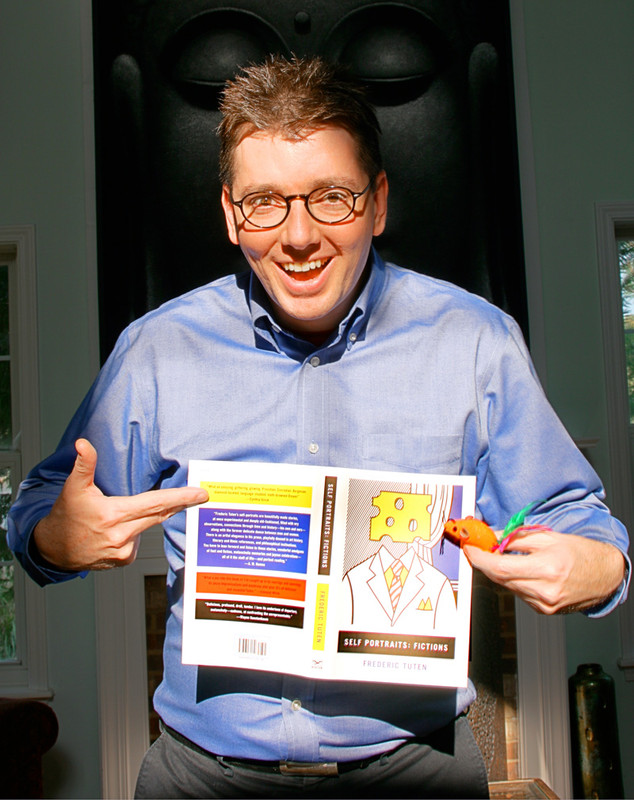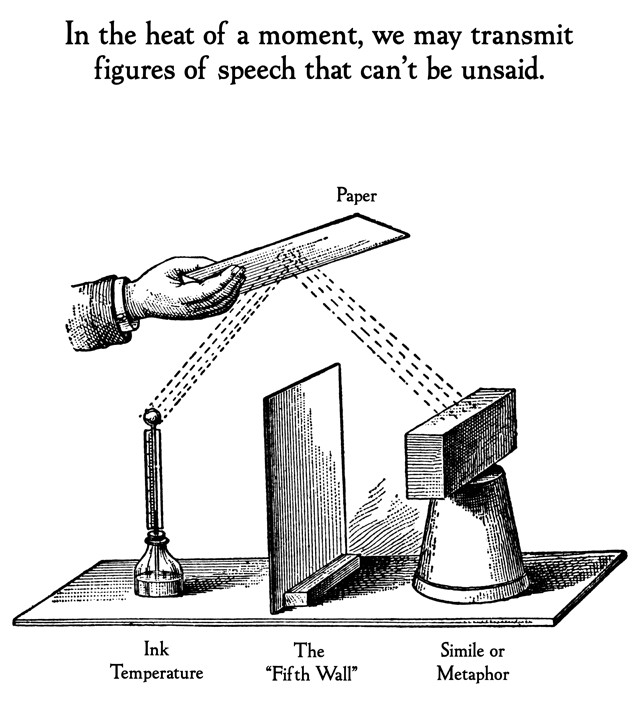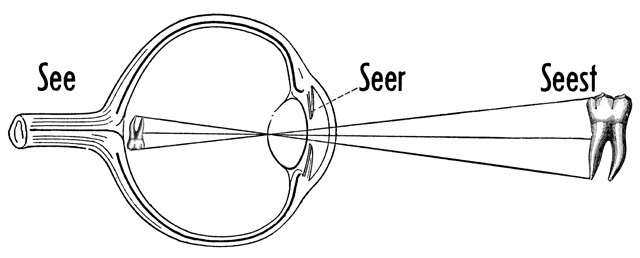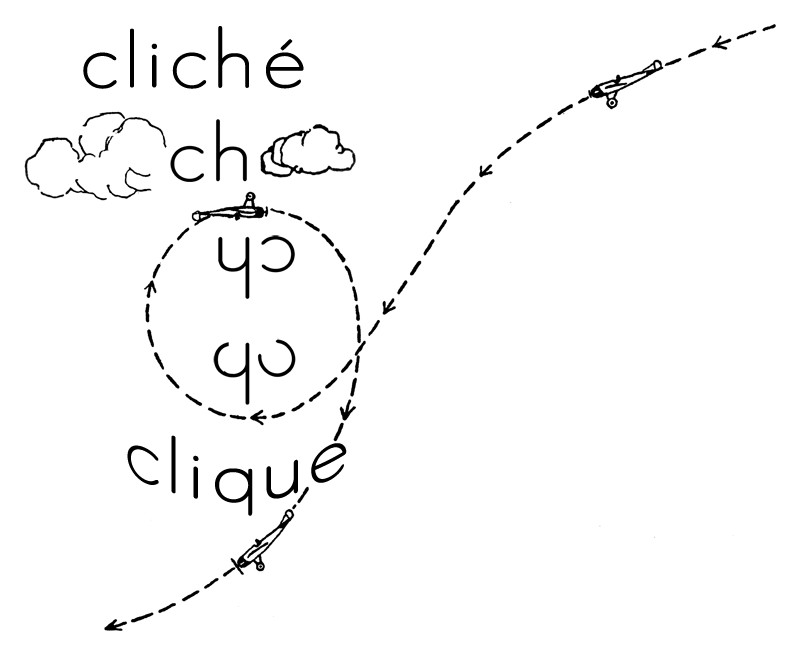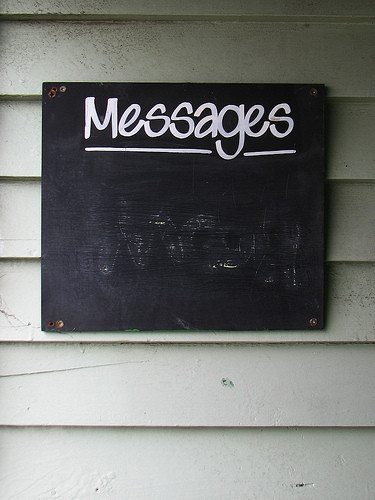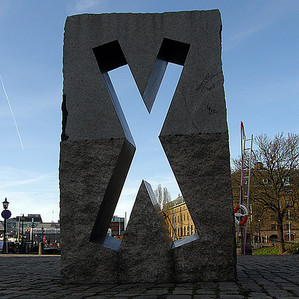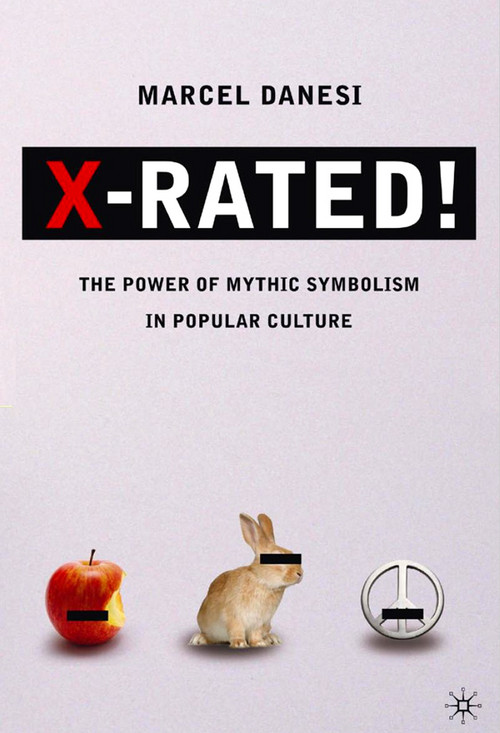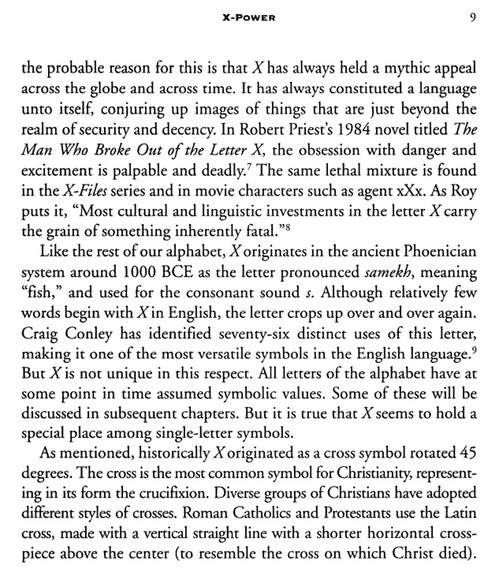
 |
|
|
 |
 |
 |
Do blurbs sell books? With a blurb like this one, how could Prof. Oddfellow refuse? "An amazing, glittering, glowing, Proustian, Conradian, Borgesian, diamond-faceted, language-studded, myth-drowned dream!" — Cynthia Ozick, describing this book(That's Prof. Oddfellow's catnip mouse enjoying the Swiss cheese on the dust jacket. Thanks in a roundabout way to Hilary's mom for the tip!) |



 |
|
|
 |
 |
 |
Types of Keyboardsby William KecklerYou have to start with the keyboard with individual letters. Then you graduate to the keyboard with concepts. Later, they give you this horrifying keyboard with the concepts grouped into ethical, jurisprudential, scientific and historic categories. You are horrified to find—to give just one example—"mass murder" and "the common good" sharing a single key. "Progress" and "calculated limited extinctions" are also key-mates. And they tell you that's not even your final keyboard. Graduation still looms. All the elders are getting excited for you. The most horrible betrayal arrives, disguised as a graduation present.
|

 |
|
|
 |
 |
 |
We recently stumbled upon a surprising tip involving one-letter words: someone suggested using them as commands to keep a dog from barking. (The logic seems to be that dogs can't understand sentences.) We happily note that in Shakespeare’s time, R was called littera
canina, "the dog’s
letter," because it sounded like a dog's growl. |






 |
|
|
 |
 |
 |
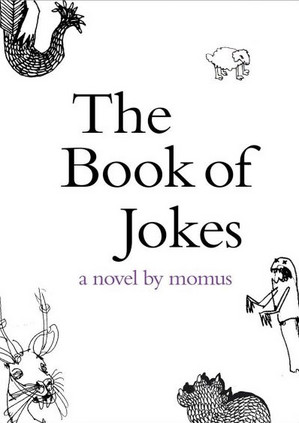
From our Magic Words outpost at Blogger: In his novel The Book of Jokes
(2009), Momus' narrator lives in a preposterous world governed by the
laws of bad jokes and dirty jokes. But the narrator has a revelation
concerning the magic of words: I have discovered that
there is a way to escape this grim fate—the misfortune of joke dharma.
The solution, I believe, is that I should assume, myself, the
responsibility of telling the very jokes which constrain and define me,
and to make, each time, a small alteration in their telling, an
alteration which restores a few shreds of dignity, human decency, beauty
and sensuality to the tale.
It might begin by embroidery; I
add a few details which are not normally included in the rush to the
punchline. I must ensure that the story is so well-told that my
audience loses interest in the farcical pay-off, the money-shot. I tell
the tale several times, from different angles and with different
emphases, forcing my listeners to pay attention to small formal
questions, adverbs rather than verbs, hows rather than whats.
By these methods, little by little, I believe I can improve my world.
Even if you are not in the same grim situation as me, you might want to
try this technique for yourself. (51-52) |

 |
|
|
 |
 |
 |
Dr. Awkward writes: ok, i've been struggling with this for years - in high school english i learned that it's verboten to punctuate after a set of quotation marks, but following this rule seems rather jarring - looking for an elegant solution...
I'll share my secrets. When quotation marks and punctuation become awkward, the most elegant solution is to paraphrase and avoid directly quoting. Contrariwise, quote generously enough to offset and thereby avoid quotation marks altogether. For example: Lorem ipsum dolor sit amet, dignissim libero. Felis metus:
Magna mi id facilisi, est nostra, placerat amet sit, proin mollis commodo tincidunt lorem est, neque wisi vitae sed blandit. Sed tincidunt rem hendrerit cubilia fusce, pellentesque tincidunt tellus in. Ut ac metus curabitur eu. Nunc sollicitudin blandit sit consectetuer a non.
Quam posuere non sociosqu, id nec blandit sed nulla aliquam ut, diam id dolor ipsa habitasse. Et id hendrerit a ut, hendrerit erat ornare quisque donec odio platea.
|


 |
|
|
 |
 |
 |
Thanks to the New Straits Times for recommending our One-Letter Words: A Dictionary and noting that it features "More than 1,000 surprising — and revealing — definitions of each singular letter in the English alphabet; everything from 'a per se' to 'a hypothetical explosive.'" |

 |
|
|
 |
 |
 |
Is There an "X" in "Especially"?(our guest post for The Society for the Promotion of Good Grammar) Jeff Stone is perfectly correct in colorfully noting that "there's no freakin' X in the word 'especially.'" Yet we can't help fondly remembering those centuries when the word "expecial" meant "singular" or "exceptional," as in the context of accessories designed "to meet the expecial needs of the physician" ( Brooklyn Medical Journal, Vol. 8, 1894) or European colonists in the Potomac being advised not to expose themselves to the danger of the Tuscarora War of 1711 "without expecial necessity" (James Rice, Nature and History in the Potomac Country, 2009). Our favorite context for the word "expecial" is, of course, the world of algebra! Back in 1919, a textbook entitled First Course in Algebra embodied "an expecial effort to connect the elements of algebra in a clear and forcible manner with the affairs of every-day life." If any field is qualified to put an X in "especially," it's algebra!
|





Page 60 of 74

> Older Entries...

Original Content Copyright © 2026 by Craig Conley. All rights reserved.
|



